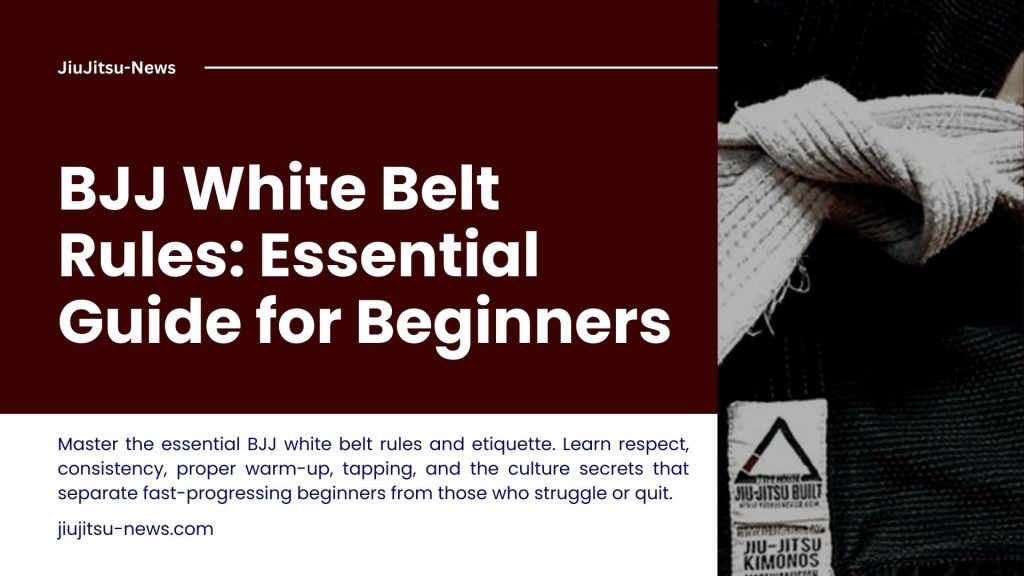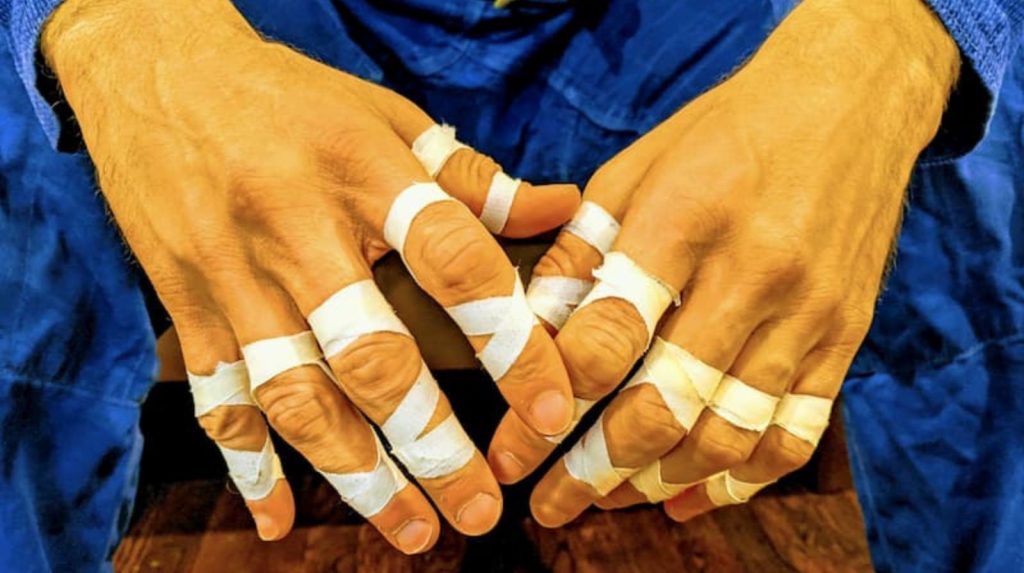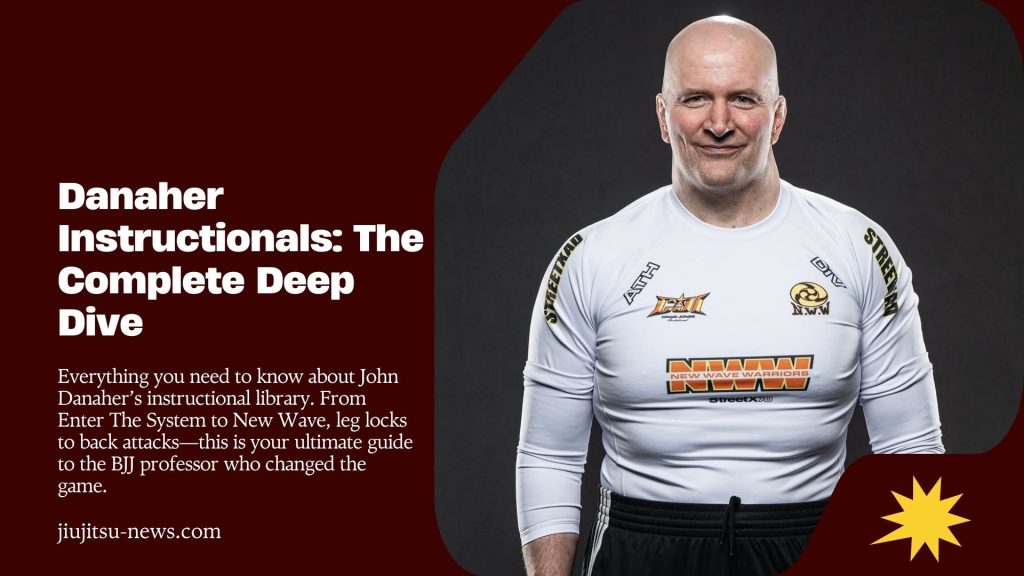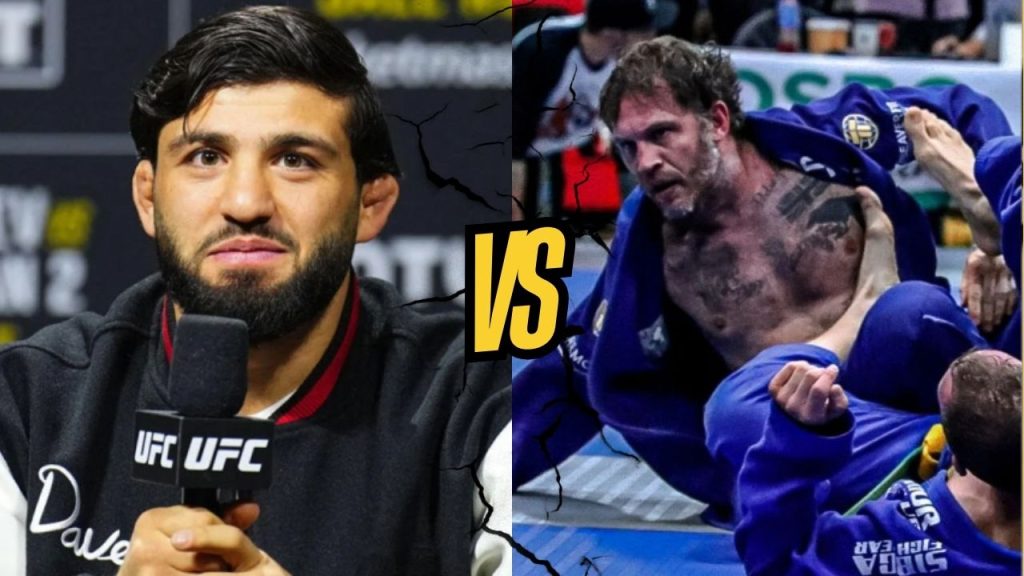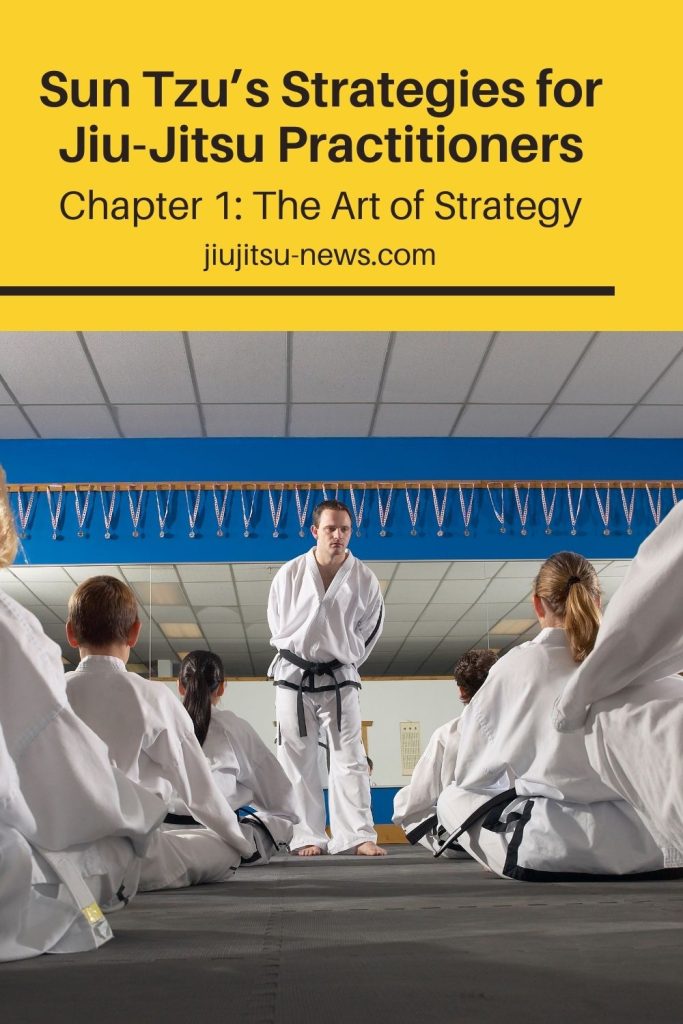
Understanding Sun Tzu’s Philosophy
Sun Tzu’s philosophy, which is spelled out in “The Art of War,” stresses how important it is to think strategically and be able to change when things get tough.
If a jiu-jitsu practitioner understands these principles, it can greatly improve their performance on the mat.
To the core, Sun Tzu’s ideas say that the winner is the person who can guess their opponent’s moves while keeping their own plans flexible.
This point of view encourages practitioners to develop a mindset that values awareness, foresight, and flexibility, which lets them handle different situations during a match well.
Getting to Know Yourself Is Important
One central tenet of Sun Tzu’s philosophy is the emphasis on knowing oneself and one’s opponent.
In jiu jitsu, this translates to understanding one’s strengths and weaknesses as well as those of the opposing practitioner.
By gaining insights into personal capabilities, a jiu jitsu practitioner can develop a tailored approach to training and competition.
Simultaneously, studying the opponent’s style, habits, and tendencies can provide critical advantages, enabling a practitioner to exploit openings and avoid pitfalls.
This dual awareness fosters a deeper level of engagement with the art of jiu jitsu, promoting growth and adaptability.
The Importance of Preparation and Planning
Another critical aspect of Sun Tzu’s teachings is the importance of preparation and planning.
In the context of jiu jitsu, this means not only honing technical skills but also developing a strategic game plan for matches.
Practitioners should visualize potential scenarios and outcomes, allowing them to approach each roll or competition with a clear sense of purpose.
Moreover, consistent practice and sparring sessions serve to refine these strategies, helping practitioners to become more instinctual and intuitive in their responses.
This preparation can help reduce anxiety and increase confidence, making it easier to execute techniques effectively under pressure.
The Value of Deception and Misdirection
Sun Tzu also highlights the value of deception and misdirection.
In jiu jitsu, this can manifest in the use of feints, false grips, and unexpected transitions that can catch an opponent off guard.
By creating uncertainty and disrupting the opponent’s thought process, a practitioner can gain a tactical edge.
This principle encourages jiu jitsu fans to think creatively and experiment with different approaches, enriching their arsenal of techniques.
Embracing the element of surprise can turn the tide of a match, demonstrating the practical application of Sun Tzu’s insights into the complexities of combat.
Being Able to Adapt
The notion of adaptability is paramount in both Sun Tzu’s philosophy and jiu jitsu practice.
The ability to adjust tactics in response to changing circumstances is crucial for success on the mat.
Whether facing an unexpected challenge or an opponent who counters a known technique, remaining open to new strategies is essential.
This flexibility not only enhances a practitioner’s resilience but also fosters a mindset of continuous learning and improvement.
The Relevance of Ancient Wisdom in Modern Martial Arts
Philosophers and strategists from long ago left their mark on many areas of life, including martial arts.
Sun Tzu was a famous figure in ancient Chinese philosophy. In his book “The Art of War,” he wrote about how important strategy, discipline, and mental toughness are.
These ideas are not only useful in the military, but they are also deeply ingrained in the art of jiu-jitsu.
Practitioners can improve their skills, clear their minds, and gain a deeper understanding of the art by combining ancient knowledge with modern training.
Adaptability…
Adaptability is a very important idea in jiu-jitsu. Sun Tzu said that on the battlefield, you need to be flexible and able to adapt to new situations.
This idea easily transfers to the mat, where practitioners need to learn how to change their plans instantly based on how their opponent moves and what skills they have.
Being able to adapt well can give a martial artist a big edge in sparring and competition by letting them flow with the fight instead of fighting it.
Preparation…
The importance of preparation and knowledge is another important principle from Sun Tzu. He famously said that the key to victory is to know both yourself and your enemy.
When it comes to jiu-jitsu, this means knowing your own strengths and weaknesses and studying your opponents to guess what they will do next.
By thinking strategically, practitioners can make training plans that are specific to their needs and give them an edge over their competitors.
This method helps people feel more connected to the art because each training session is a chance to learn and grow.
The Mental Side
You can not forget about the mental side of martial arts.
Sun Tzu talked a lot about the mental aspects of war, like how important it is to stay calm and clear under pressure.
How well you can stay calm and focused during tough jiu-jitsu fights can make the difference between winning and losing.
Sun Tzu said that practicing mindfulness and mental visualization can help people become more resilient and confident.
These mental techniques not only help you do better on the mat, but they also help you grow as a person outside of martial arts.
Respect and Camaraderie
The respect and camaraderie that are part of martial arts are similar to the values that Sun Tzu wrote about a long time ago. He worked to make sure that both allies and enemies were treated in an honest way.
When it comes to jiu-jitsu, creating a supportive training environment helps everyone learn and improve.
Respect and honor can help people build a community where they can help each other, share what they know, and improve their skills as a whole.
The Concept of Winning Without Fighting
The “winning without fighting” philosophy comes from Sun Tzu’s philosophical writings, and it can be applied to jiu-jitsu.
Here are some components of this philosophy:
Understand your opponent
Strategy is more important than brute force. Indeed, the best way to win is to control an opponent without having to fight them.
This idea can show up in many ways for people who practice jiu-jitsu, such as by helping them understand their opponents’ minds and by using techniques that rely on position and leverage instead of pure strength.
Being able to predict and counter an opponent’s moves is one of the most important skills for winning without fighting.
This means being more aware of your surroundings and having a deep understanding of how each roll works in jiu-jitsu.
When practitioners can figure out what their opponents are trying to do and change their strategies to match, they can often control the match’s pace and flow, making it go their way without ever having to exchange techniques.
This state of anticipation not only saves energy but also makes it easier to give up or take control of a position.
Mental Toughness
The importance of mental toughness is another important part of this idea.
A jiu-jitsu practitioner who lives by the motto “winning without fighting” approaches every roll with a clear head and a plan.
This mental clarity helps them stay focused, make smart choices, and avoid getting into fights that are not necessary.
Like Sun Tzu’s battlefield strategies, the psychological side of jiu-jitsu stresses how important it is to stay calm under pressure and use your mental sharpness to get the upper hand on your opponents.
Timing and Patience
Working together with timing and patience is also very important for winning without fighting.
When you are doing jiu-jitsu, waiting for the right time to use a technique or make a move can often help you win with little work.
Sun Tzu said that timing is very important in war, and jiu-jitsu practitioners need to work on their timing in both training and competition.
They can effectively control what happens on the mat by knowing when to engage and when to hold back. This lets them get what they want without having to fight.
Are you ready to explore the depths of MMA and Jiu-Jitsu? Get insider stories, fight breakdowns, and mindset gems delivered straight to your inbox. Subscribe Now!
◣ Read Next◥

